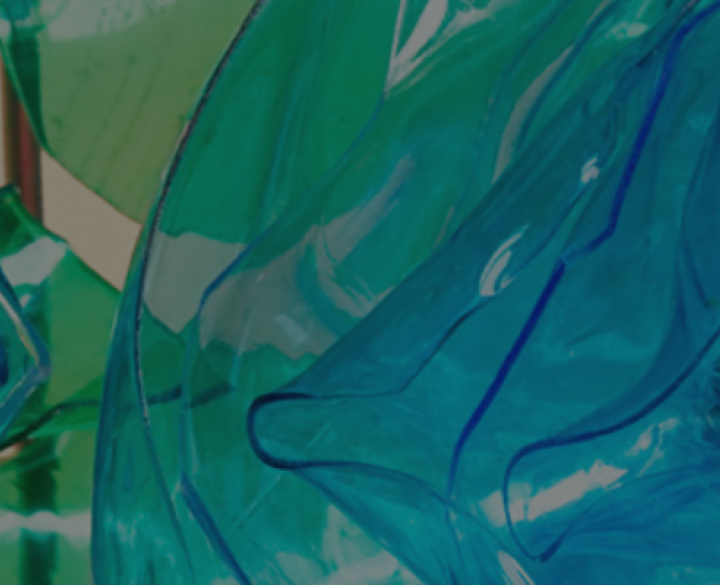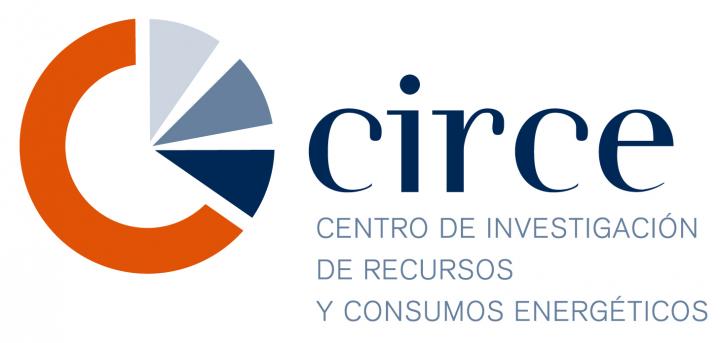Nowadays, only 20% of the whole plastic production is recycled due to barriers such as the presence of complex fractions in the waste streams including contaminants or multilayer materials or the mix of plastics with other types of waste that cannot be sorted in a feasible way. This situation implies a high environmental impact when plastic waste is landfilled or incinerated, so new solutions other than mechanical recycling must be developed to significantly increase the amount of plastics being valorized into new feedstocks.
PLASTICE was conceived to solve this need by developing a set of new valorization processes that are aligned with the most relevant roadmaps of chemical recycling technologies at European level.
Therefore, main efforts will be devoted to the design, development and demonstration under real conditions together with EU waste managers of four valorization technologies:
- MW-assisted pyrolysis;
- hydrothermal liquefaction;
- Combined gasification and chemical post-treatment and (iv) Cascade enzymatic hydrolysis.
Moreover, PLASTICE's overall approach will deploy innovative elements along the whole value chain with the objective of integrating green technologies for the new processes to become sustainable and closing the loop to deliver circular value chains around plastics (including textiles with plastic content). Therefore, PLASTICE works both upstream and downstream the valorization processes, integrating new sorting systems, quality upgrading technologies, digitalization tools and eco-design principles together with new business models linked to each step of the circular value chains.
Following this approach, PLASTICE will impact on the amount of landfilled plastics and GHG emissions linked to process operation and fossil fuels-based feedstock. Its replication will be supported by contributing to the development of new standards and regulations, and by creating a community of followers supported by PLASTICE tools and consortium.
Project Partners
Acknowledgement

This project has received funding through the EU-Horizon programme, HORIZON-CL4-2021-TWIN-TRANSITION, under grant number 101058540





